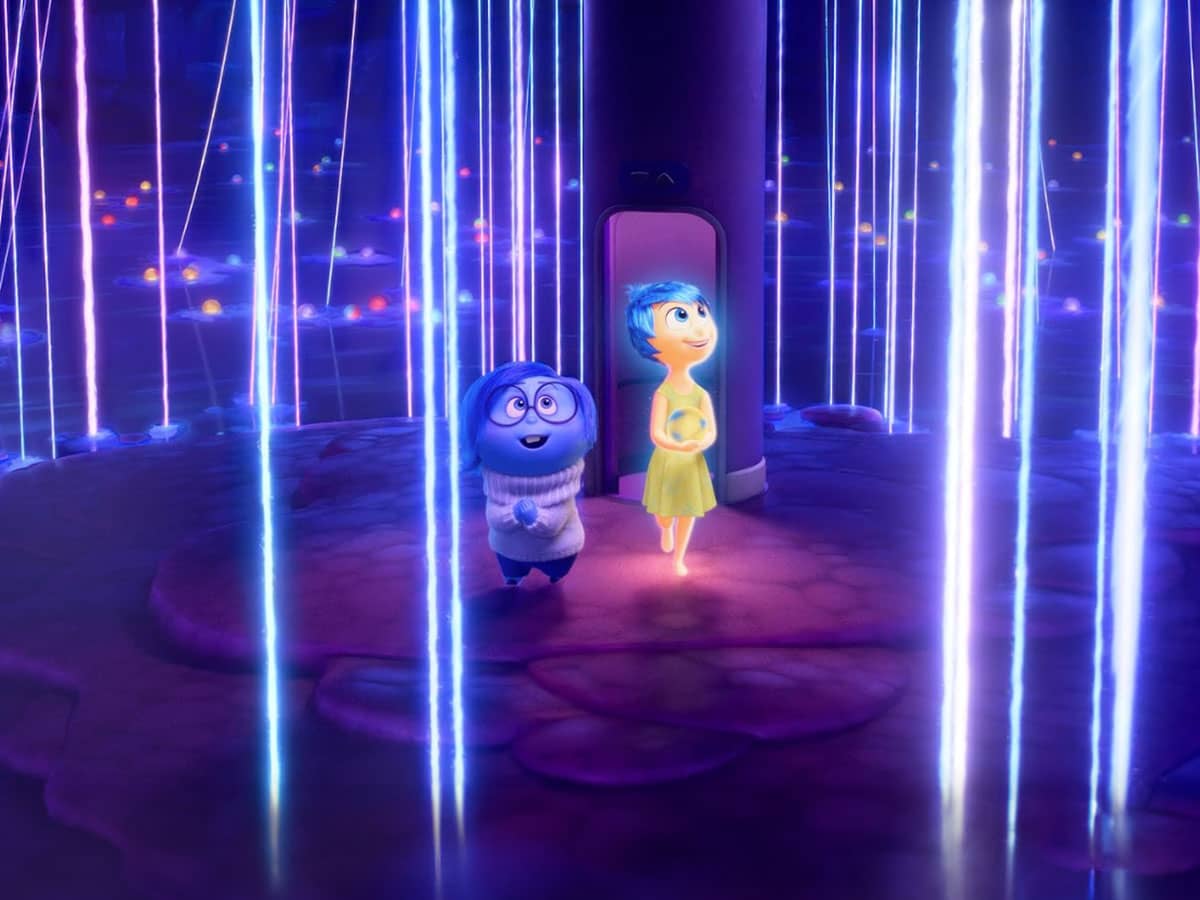Which will Mel Gibson's sad-sack Episcopal priest, who can't reconcile his wife's accidental death with his faith, turn out to be?
Writer-director-producer Shyamalan has tackled this duality before. Both "The Sixth Sense" and 2000's "Unbreakable" ask whether the supernatural exists, and if so, whether it's benign. In "Signs," the characters' guilt, sorrow, and dread are seemingly answered by spooky messages from beyond and things that go bump in the night.
Rev. Graham Hess lives with his two children and his brother in a rural community outside of Philadelphia, raising crops and asking people not to call him "Father" anymore. It's been six months since his wife died, and his faith is on the shelf with his Roman collar. Hess even refuses to say grace before a meal. "I'm not wasting one more minute of my life on prayer," he snarls grumpily, and then steals his son's French toast.
One day, the dogs start acting funny and the corn rustles strangely. Graham and his brother Merrill, played with decent panache by Joaquin Phoenix, find large swaths of their cornfield smushed in funny patterns. Whatever could it be?
Once announced, the aliens descend swiftly, parking their ships above several cities, though we don't see the beings very often. Shymalayan focuses instead on Hess family dynamics. Leaving Hess' drearily precocious son (Rory Culkin), who's conveniently memorized a UFO book, to explain the alien's intentions, the director alternates between Gibson's flashbacks of beloved Mom and his efforts
Meanwhile, wind chimes tinkle ominously and we understand that something Not Good is going on--but mostly in Hess' mind. Shyamalan's intriguing but ultimately unworkable strategy is to introduce visitors from outer space and then back away from them as if they're peripheral to the real plot, which revolves around our hero's inner turmoil. Seen through the eyes of grief-numbed Hess, the space invaders never seem completely real, and their looming occupation seems random and meaningless. No one is watching out for anyone.
The movie takes care, as Hollywood is wont to do, not to offend religious sensibilities. In one scene, Hess refuses to create a diversion by swearing, saying (truthfully enough) that it "doesn't sound natural when I curse." But if there's nothing to offend, there's also nothing to engage spiritually minded people beyond the ham-handed 'luck vs. God' question. If that's enough to grab you, you might see something in "Signs." But the ending's awkward stabs at philosophy seem only to indicate that as long as loss has meaning as a life lesson, losing a loved one ain't so bad. O death, where is thy sting, indeed?
As the pieces come together, faith is resurrected: Hess realizes certain events "can't be luck." Long before then, however, we've lost faith in writer-producer-director-actor Shymalayan. We're inclined to think that in creating the vastly more compelling "Sixth Sense," he just got lucky.

